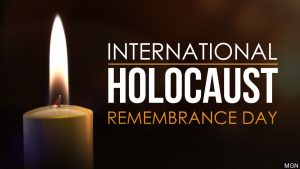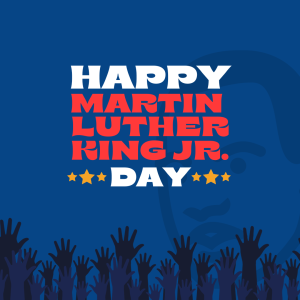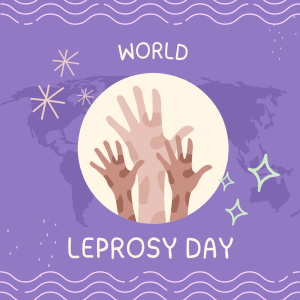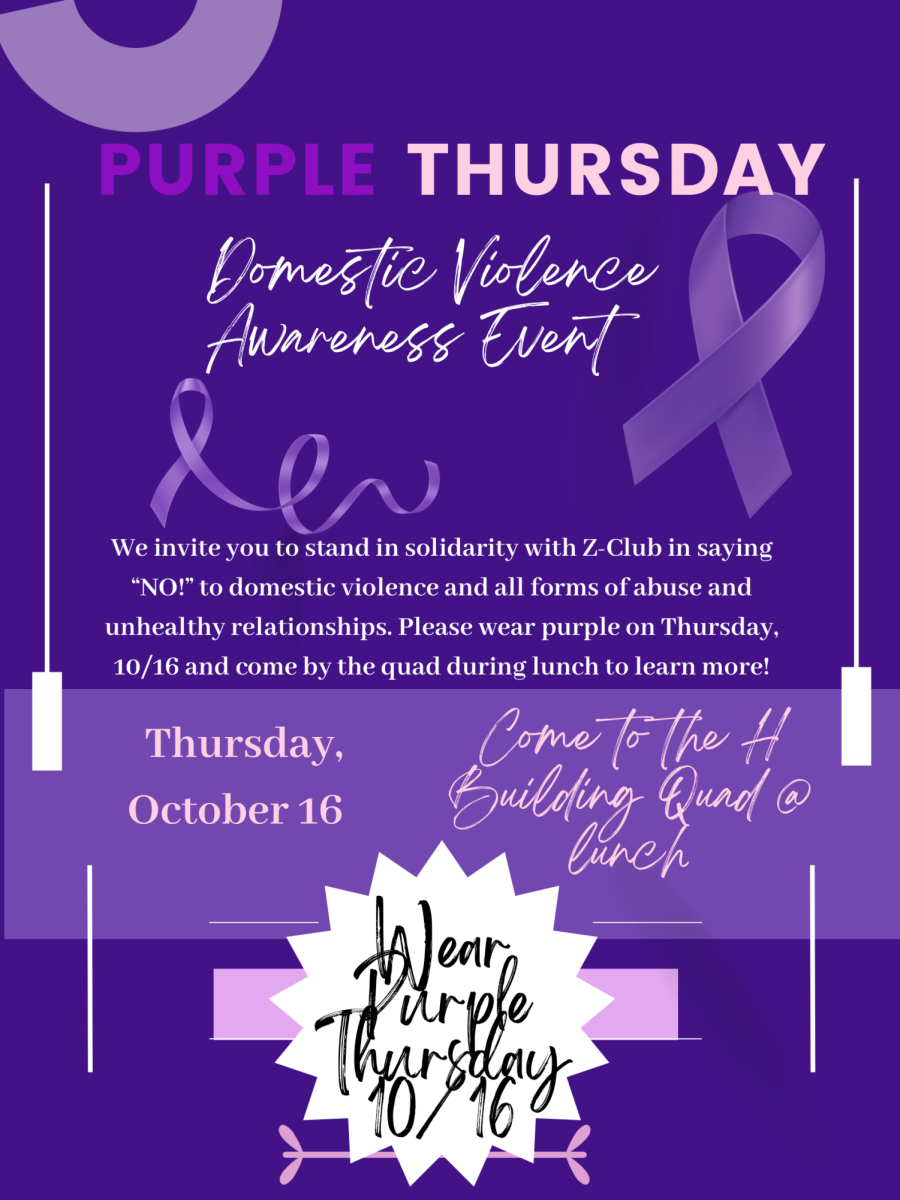
The month of January comes with many meaningful remembrance dates. For example, International Holocaust Remembrance Day falls on January 27th, and it’s a day made to honor the six million Jewish victims of the horrific genocide by German Nazis; it is also the anniversary of the liberation of the Auschwitz concentration camp. The Holocaust was a horrific period of inhumanity from 1938 to 1945 in Europe in which all Jews were harassed, murdered, and targeted for abuse and exclusion. Notably, many other groups were targeted in addition to Jewish people. The total number of victims of the Holocaust is around 11 million people. This atrocity led to Holocaust survivor Raphael Lemkin’s coining of the word “genocide”, which is Latin for “race killing.” Sadly, the Holocaust is just one of many genocides throughout human history.

Another significant day in January is Martin Luther King Jr. Day, which is on the third Monday of January. This day is meant to commemorate the life and rights that King fought for most of his life. King was a well-known civil rights activist in the United States during the 1950s and 1960s who fought for equal rights for African Americans using nonviolent and influential speeches and protests; he is highly known for his famous “I Have a Dream” speech, which he delivered in March on the steps of the Lincoln Memorial in Washington, DC on 1963.

In addition, the last Sunday of January is known as a day of Awareness for Leprosy. Leprosy, also known as Hansen’s disease, is a tropical disease in which bacteria affect the skin, nerves, and mucous membranes. Leprosy is known to be transmitted by nasal and oral droplets, making it a chronic infectious disease. More than 120 countries are known to have this disease, and nearly 200,000 cases are reported yearly. This day is meant to loosen the stigma behind this disease by educating people about it.






